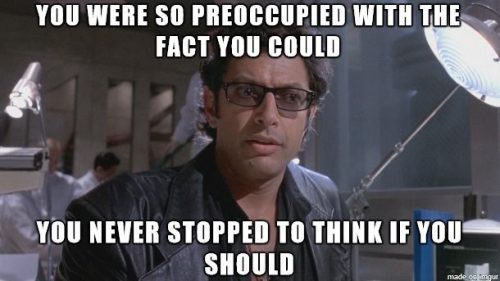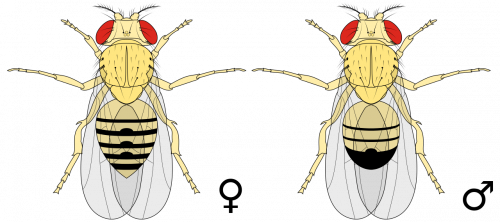It’s been a heavy grading day, but at least I can say I’ve got one of my three classes done, and it was the largest one. Can I get the other two done tomorrow? Before I go to the local humane society fundraiser in the evening? Yes, I will. It shall be done.









